Latest updates
Media contact
Are you interested in our latest news or working on a Pāmu story and need to get in touch?

23 Feb 2026
Productivity gains power strong half-year Pāmu performance, signalling a positive FY26 outlook
Pāmu enters the second half of FY26 on a high, with a record full-year net operating profit forecast of between $97 million and $107 million, as it marks 140 years of supporting New Zealand agriculture.
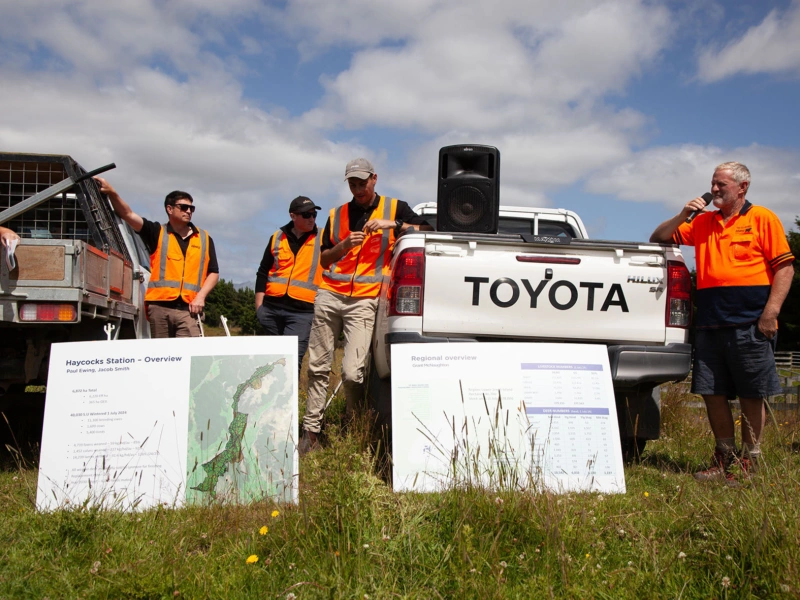
19 Feb 2026
Connect with us in Te Tai Tokerau
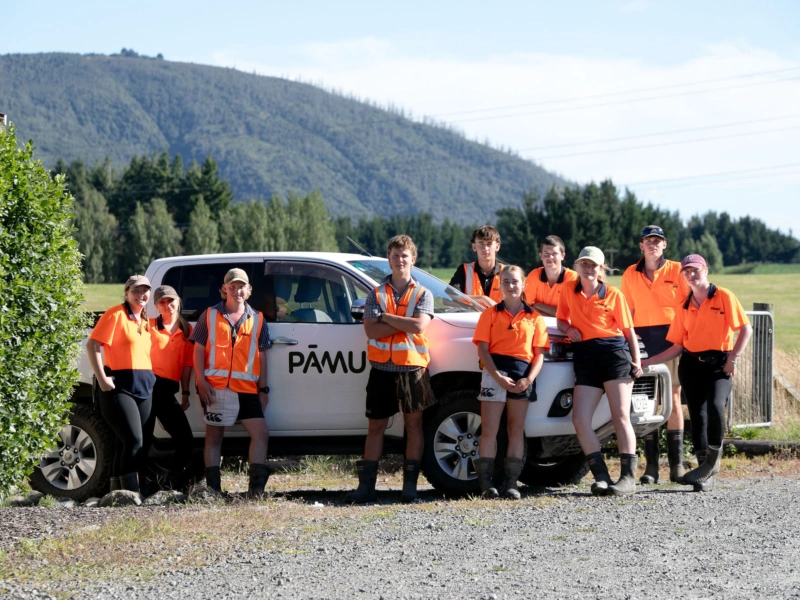
19 Feb 2026
Ten new apprentices join Pāmu following successful pilot year

13 Feb 2026
Marking 140 years of supporting New Zealand agriculture

05 Feb 2026
Catching up with our communities at regional Field Days

30 Jan 2026
Farm, Forestry, and Fruits: our next Open Farm Day
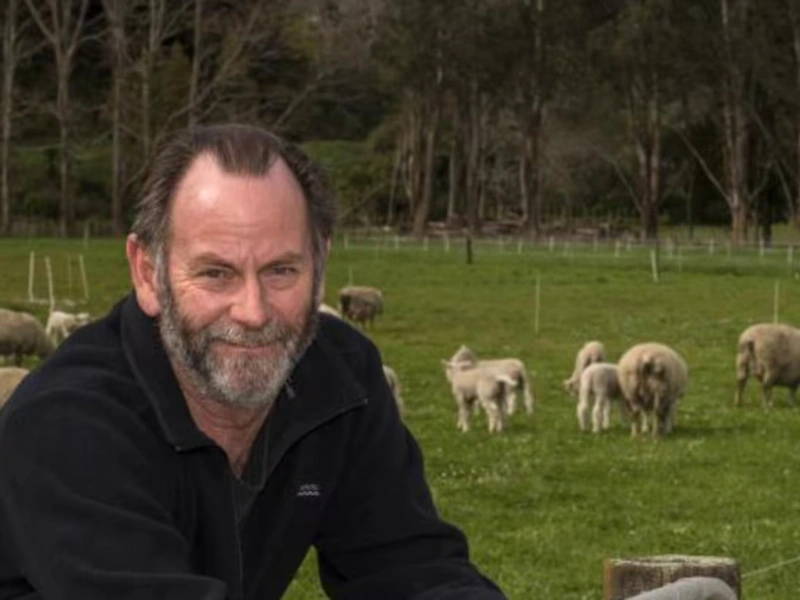
20 Jan 2026
Remembering Dr Dave Leathwick and His Impact on Drench Resistance
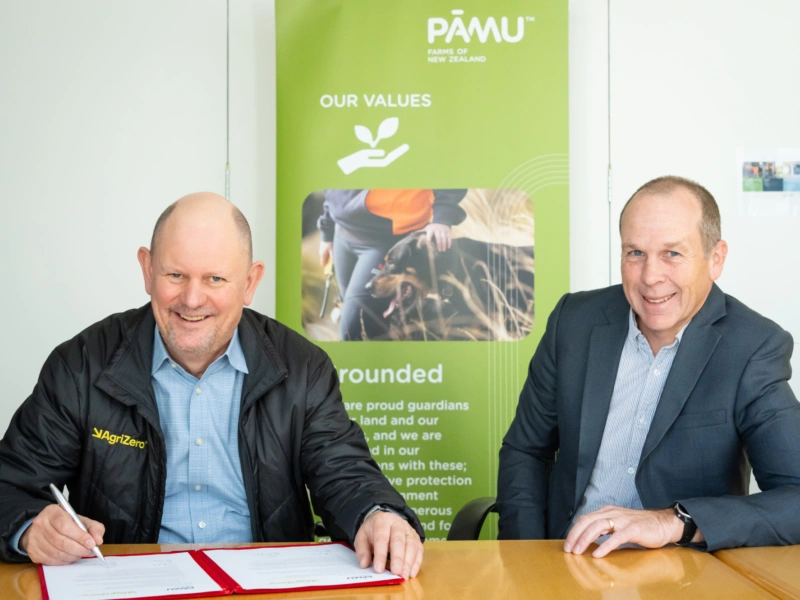
17 Dec 2025
Pāmu Continues to Make Progress on Greenhouse Gas Reduction Goals

03 Dec 2025
Pāmu shares insights into premiums for best practice at Hanmer Open Farm Day

02 Dec 2025
Kapiro Orchard: A model of adaptive land use
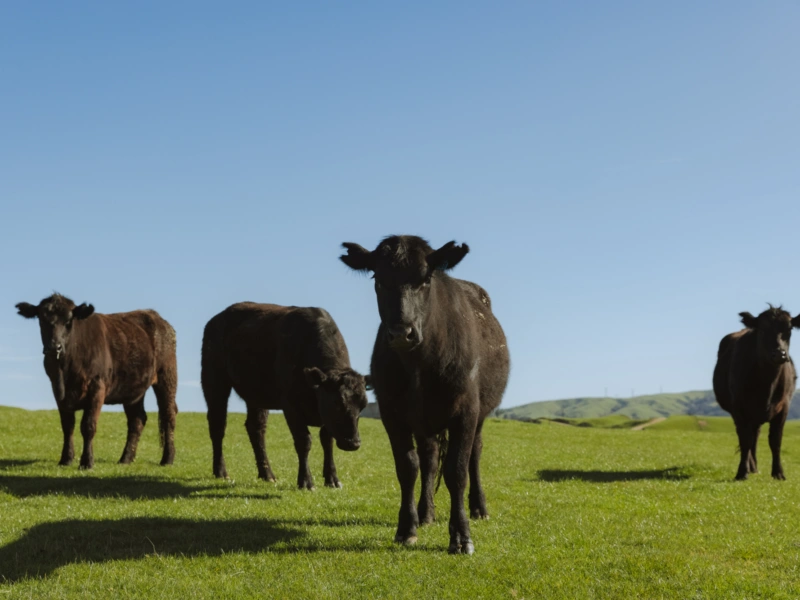
27 Nov 2025
Pāmu lifts forecast earnings

25 Nov 2025
Three more Pāmu dairy farms achieve organic certification

20 Nov 2025
Hanmer farm ready for Open Day
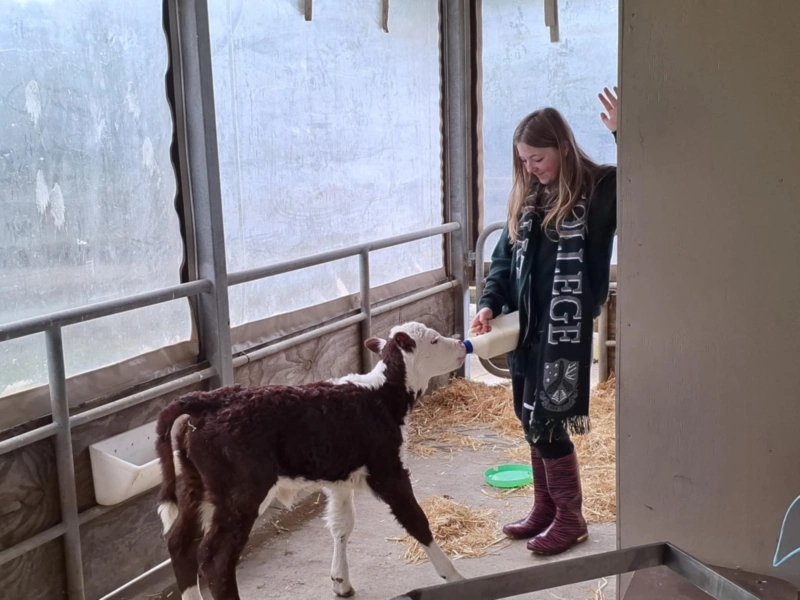
11 Nov 2025
Pāmu welcomes First Foundation scholar Cheyenne Kirkman
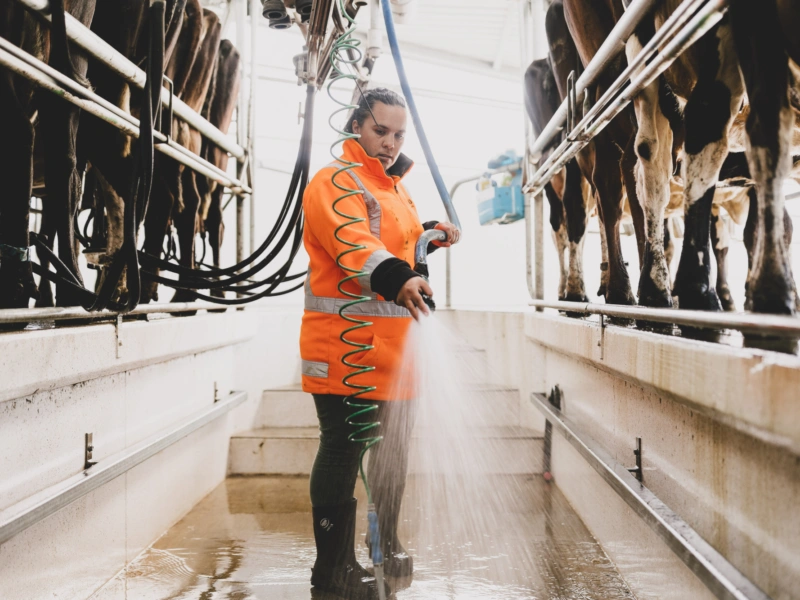
15 Oct 2025
Pāmu Dairy Expansion Offers Kiwi Farmers a Stake in the Future
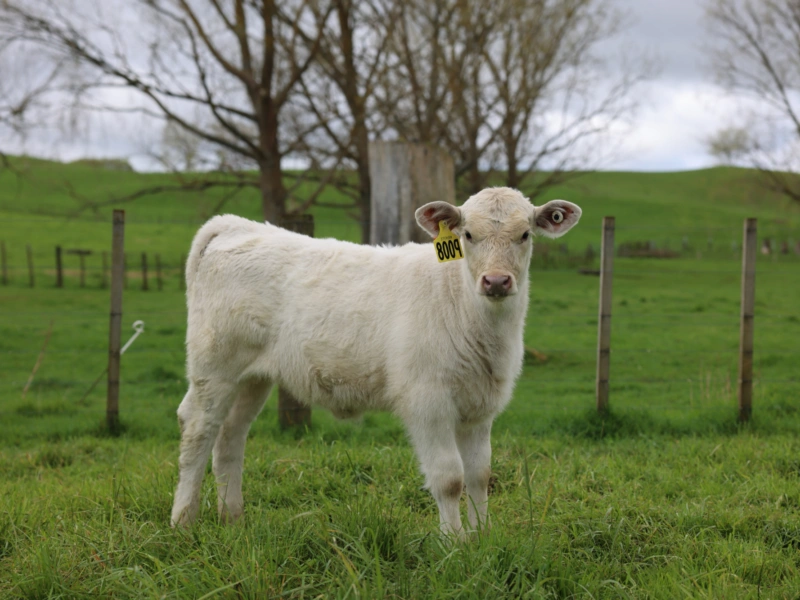
10 Oct 2025
Pāmu and LIC to launch Synergizer® in 2026
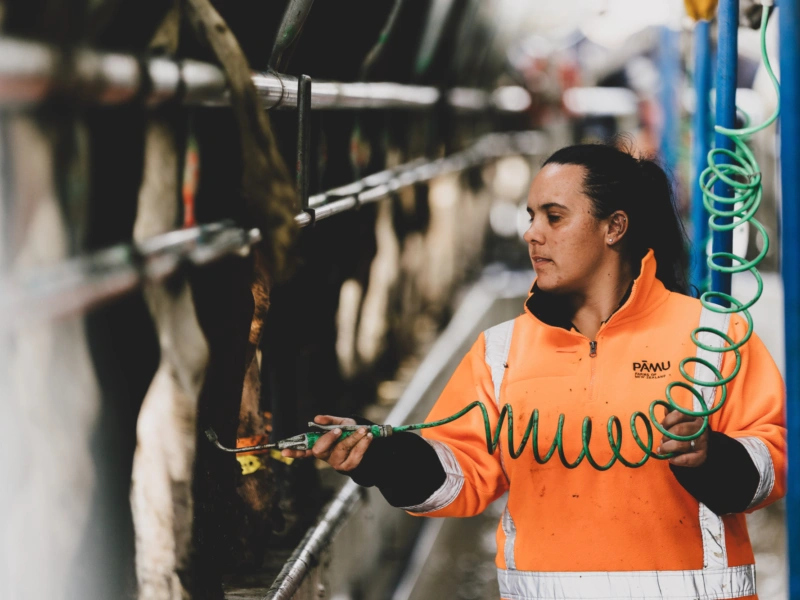
30 Sept 2025
Pāmu Releases 2025 Integrated Annual Report

23 Sept 2025
Pāmu Invests in Future Farming Leaders with Key Appointments and Career Pathways
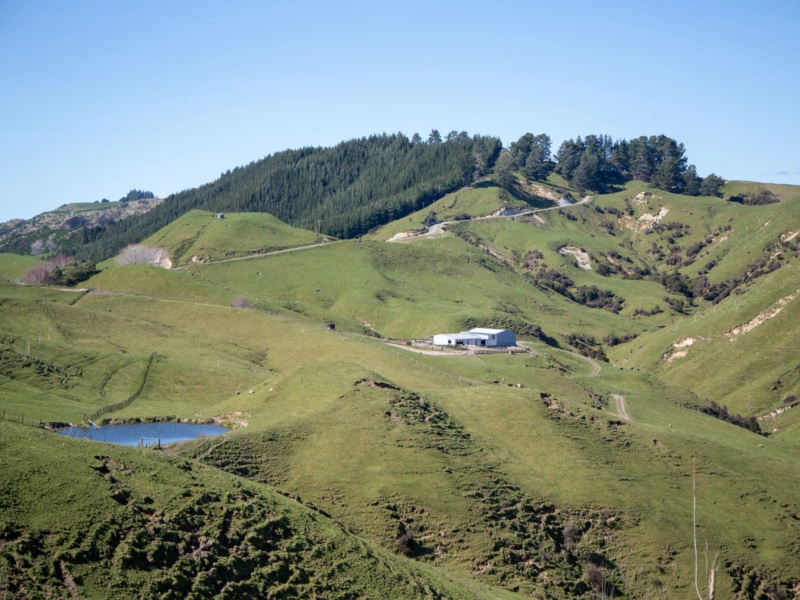
09 Sept 2025
New Equity Partnership for Livestock Launched

28 Aug 2025
Pāmu Landcorp Farming Limited full-year results for the year ended 30 June 2025

12 Aug 2025
Molesworth back to fighting bovine TB

31 Jul 2025
Pāmu Welcomes Three New Directors to its Board
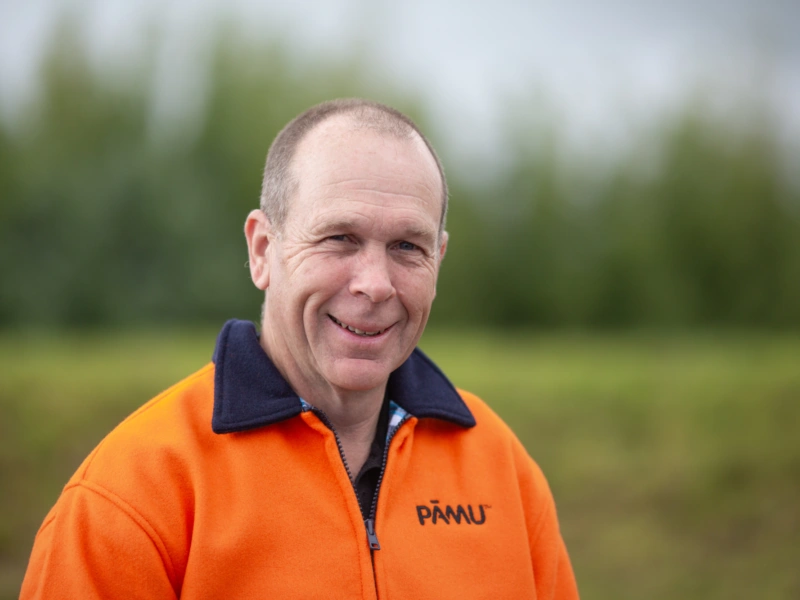
24 Jul 2025
Focused Farming Pays Off: Pāmu Eyes Record-Breaking Profits

23 Jul 2025
Roz Urbahn Appointed as Chief Corporate Services Officer at Pāmu
Media contact
Are you interested in our latest news or working on a Pāmu story and need to get in touch?
